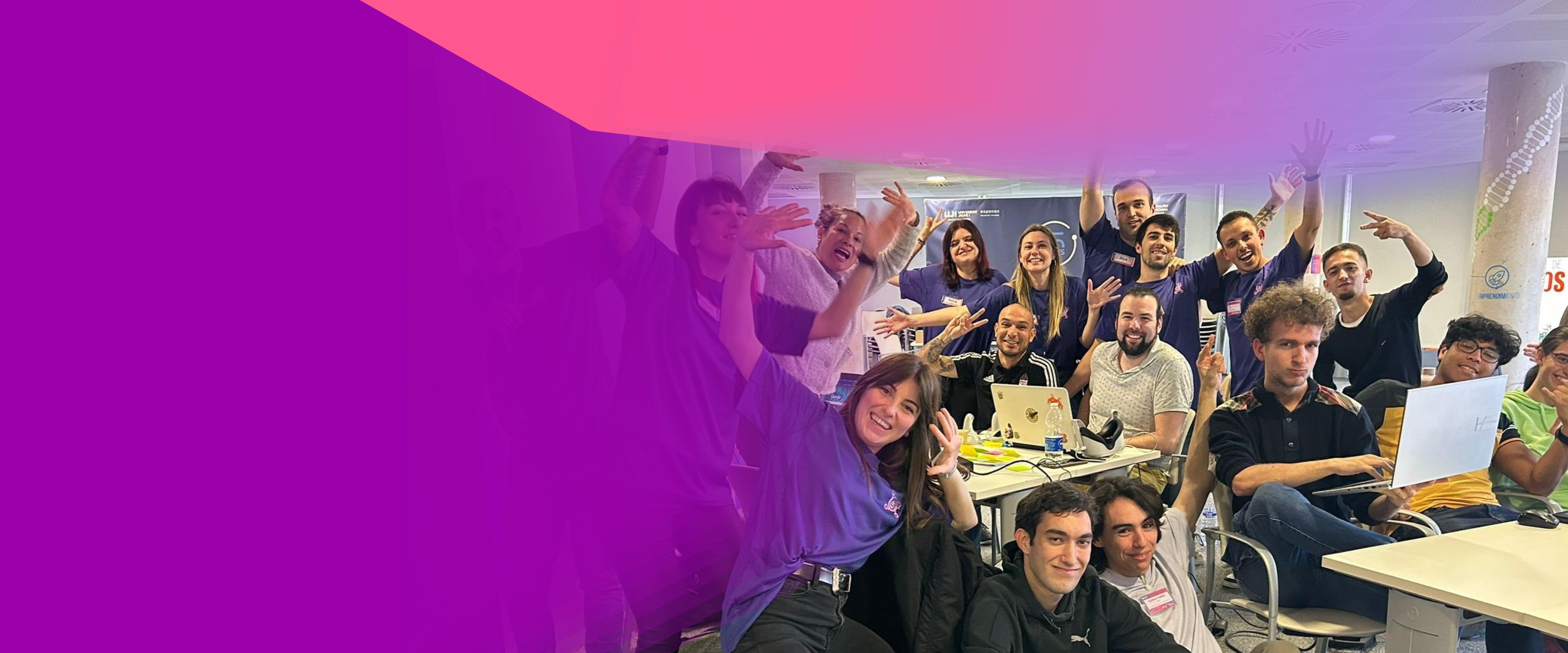LOCAL WINNER
Beginner Awards: Disruptive technology
Smart Library
Solution details
Why Smart Library?
We think that with this system we will help individuals to attract their attention as much as possible and to achieve the readers' goal as easily as possible.
How does this project work? With the programming of a website that is connected to the library by a raspberry pi, users can search for the title of the book in the search window and immediately a light will be turn on the shelf where the book we are looking for is located.
Which makes us save as much time as possible and get it in a very easy way.
Tweet / Slogan
"Read smart, Live smart!"

DigiGirls

Resources
Welcome to the Smart Library, where innovation meets efficiency. Scan, search, and illuminate your reading journey with our user-friendly system. We used a rasberry PI module, LED lights and Java script code to make that happen.
Context
The smart library comes in handy for all the people that have been struggling to find a book in a library in a quick manner.
Every one of you must have found yourself in a position where you have to wonder for a while where a book is instead of going to pick your desired book right away.
With our project all you have to do is scan a QR code, type in the name of the book and a light will turn on at the shelf where your book is located at, therefore, saving your valuable time.
Who Benefits?
Our intended audience encompasses individuals who regularly visit libraries, including students, teachers, and avid readers who value their time. This initiative aims to assist people in quickly locating books, alleviating the struggle often associated with searching. Consequently, one of its advantages is the reduction of queues in libraries.
Impact
The impact of our solution is measured by the efficiency and time saved in finding books. This is reflected in reduced queues in libraries and enhanced user satisfaction. Tracking user feedback, usage statistics, and library wait times are key indicators of the solution's impact. In average a person would spend around 10 minutes to wait in line and search for the book they desire. With our project we aim to bring that time to less than 2 minutes.
Team work
Our unwavering commitment is dedicated to the successful completion of this project with the aim of providing valuable assistance to all individuals involved. The success of Smart Library is attributed to effective teamwork, combining skills in programming, web development, and project management. Regular communication and collaboration within the team are crucial for the ongoing development, implementation, and improvement of the Smart Library system.
Innovativeness
What sets Smart Library apart is its innovative approach to book location. The integration of a website connected to the library through a Raspberry Pi module, allowing users to search for books and have lights guide them to the correct shelf, is a novel solution. While traditional library catalog systems exist, the combination of a user-friendly interface and a physical indicator (light) is unique to Smart Library.
Transferability
The Smart Library system, initially developed for traditional libraries, is versatile and applicable to other contexts, including State Archives. It can be used to make it easier for the employees to find certain documents.
Sustainability
Our plan for the implementation of the solution is: First, we will elaborate the idea down to the smallest branches, and by asking for the help of hardware engineers and programmers, we will improve the application in which all the books located in the library are registered, that together with the relevant information and navigation map. The medium-term plan is for this system to be applied in school and city libraries, while the long-term plan is to use it in other areas, through state institutions such as state archives.


